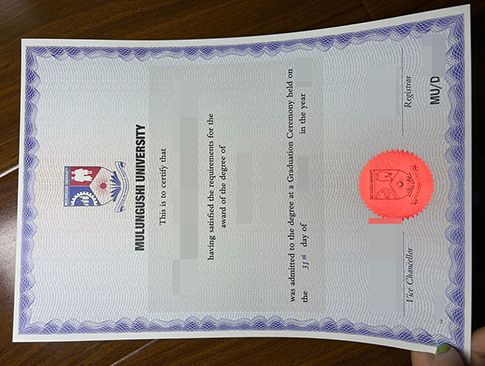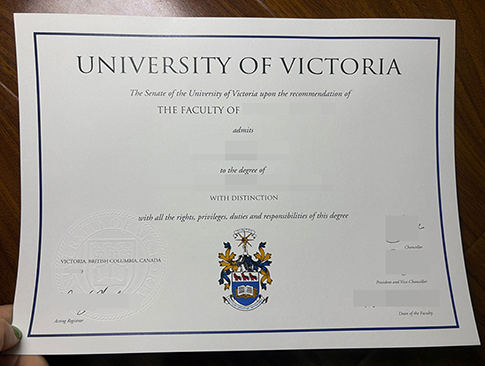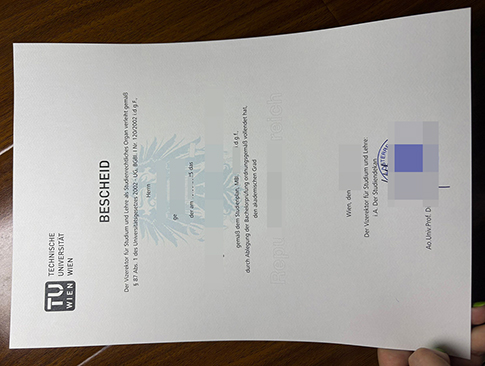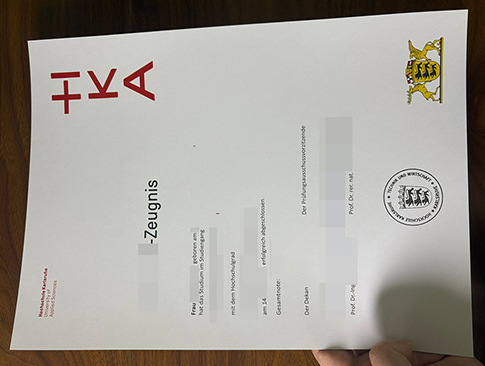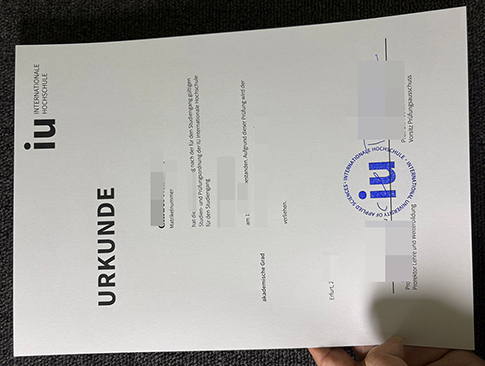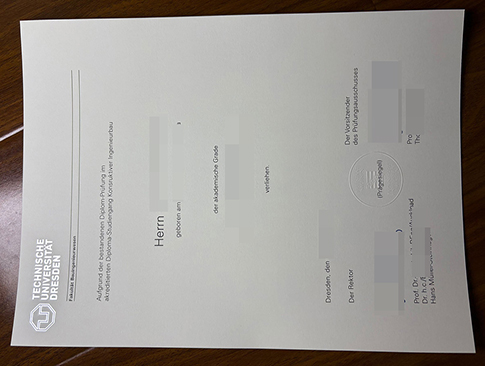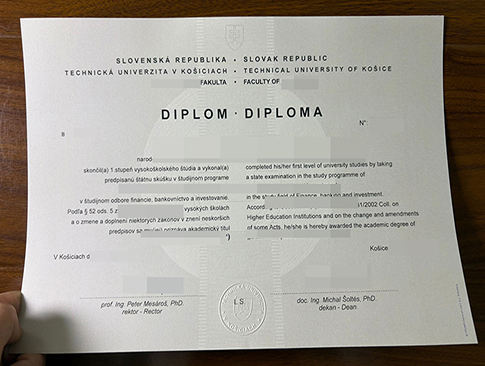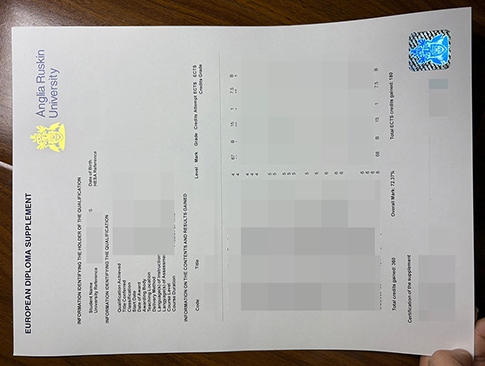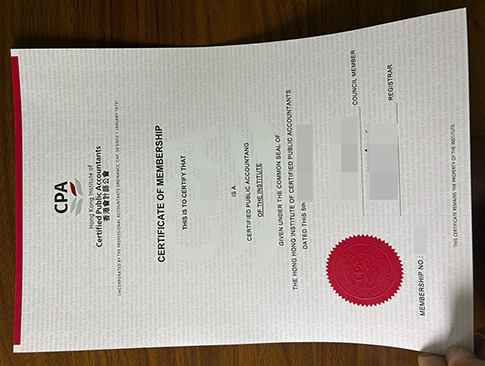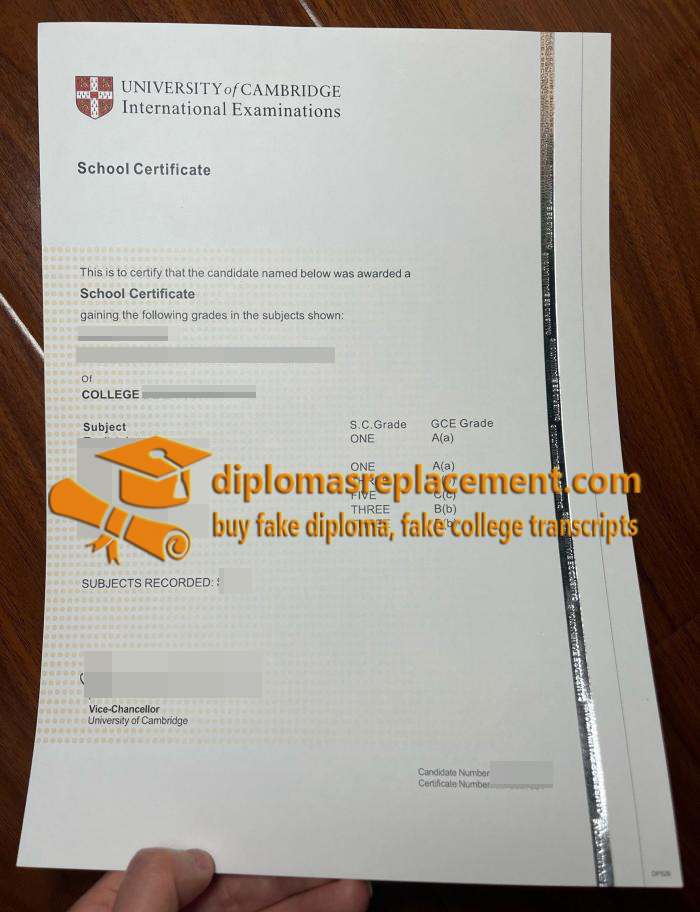
How can I get a fake fake Cambridge School Certificate in the UK?
The text often held as the original declaration of the principles of the school is Quentin Skinner’s 1969 article ‘Meaning and Understanding in the History of Ideas’. Here, Skinner attacks what he describes as two “orthodoxies”: “perennialism”, the view that philosophers have always debated the same fundamental questions; and the notion that context is irrelevant to a historical understanding of texts, which can be read as self-standing material. In Mark Bevir’s words, Skinner and his colleagues “defended the history of political theory against both reductionists who dismissed ideas as mere epiphenomena and canonical theorists who approached texts as timeless philosophical works”.
The school has been criticised on a number of fronts. On the one hand, historians working in more materialist contexts such as social history have criticised the school’s focus on ideas. Christopher Goto-Jones has argued that the school has developed in an orientalist direction by neglecting non-Western contributions to intellectual history.

